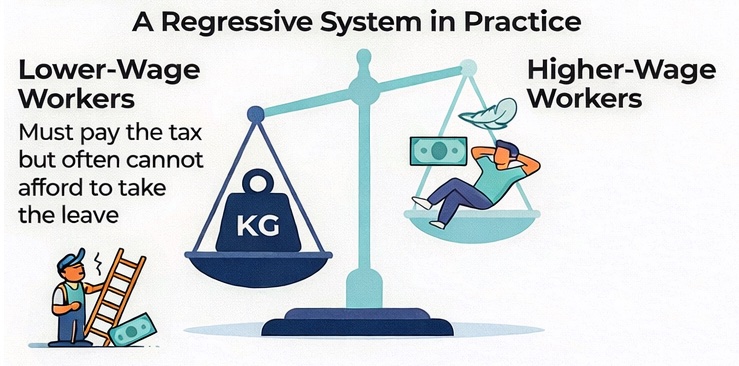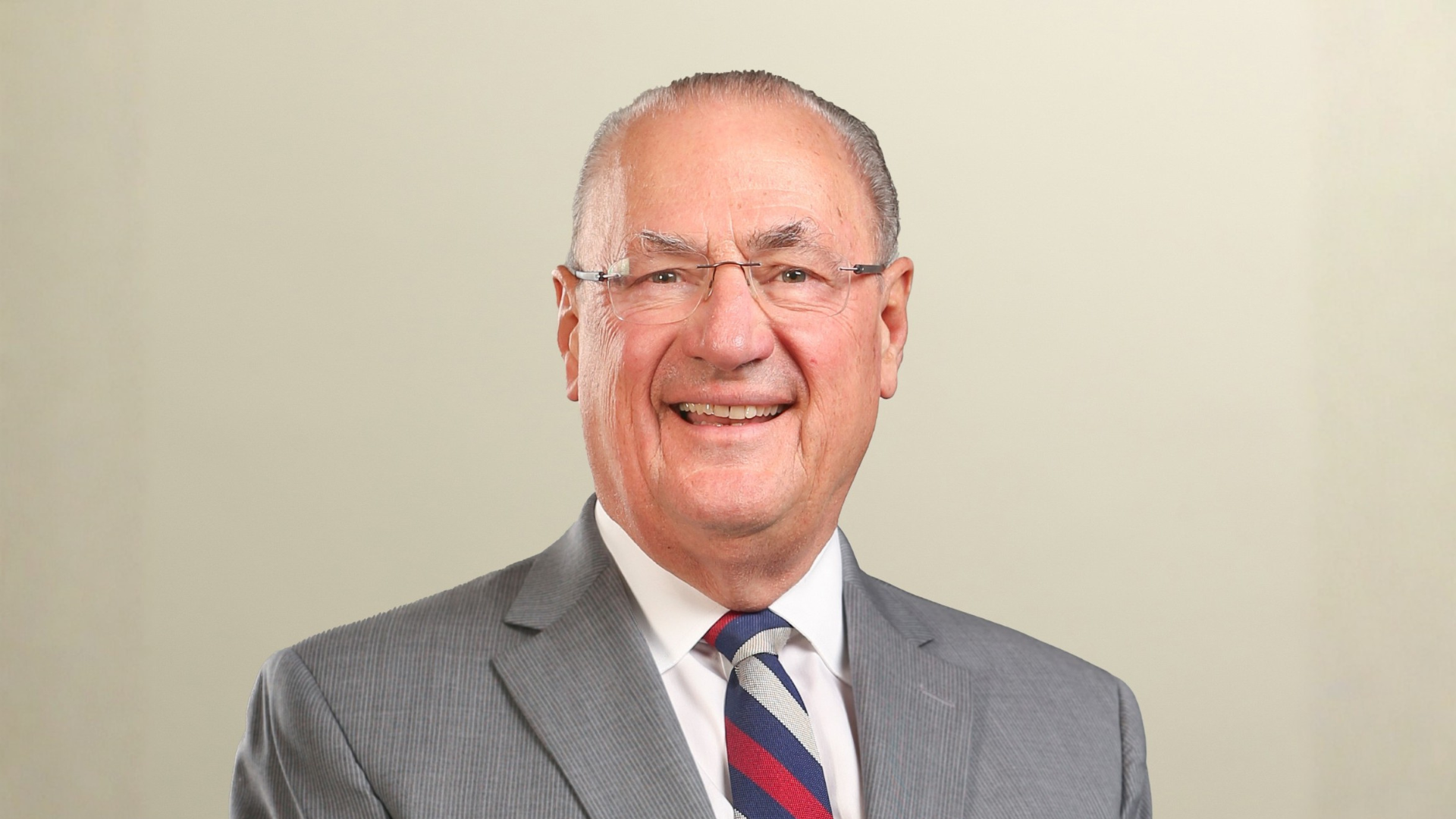Senate Bill 5509 (SB 5509), introduced by Senator Patty Kuderer (D), earlier this session would create a state-run bank for state, municipal, tribal and other public entities to deposit funds. It also authorizes the state to borrow money against the value of the deposits. The only other state that has a public bank is North Dakota and that bank was created over 100 years ago to give farmers alternate borrowing options to a regular bank.
Since 1919, banks have become a heavily regulated service industry and the problems that farmers were experiencing with credit availability at the turn of the century, no longer exist.
Currently, municipal and government agencies deposit and borrow, as most businesses do, from the competitive private banking market. Bonds that are sold on behalf of the government are issued to private buyers to raise capital. The interest and loan fees on the bonds are paid by the borrower, the taxpayer.
SB 5509 creates an expansion of government authority and removes competition from loans and banking services. Municipalities today enjoy lower fees and interest rates because of the competition that exists in the open market, something that cannot be guaranteed with a state-run monopoly. If we look at other government run agencies, such as Labor and industries (L&I), who have the monopoly on employer insurance, we can see the potential for high costs for services that are readily available in the private sector. In the case of L&I, no private insurance can be purchased, so L&I has no incentive to keep its rates low.
The Employment Security Department (ESD) is another government monopoly with no private industry competition. Unemployment insurance rates this year have skyrocketed and as a local business owner just discovered, there is little or no oversight of the agency rate setting processes.
The state bank was introduced as an concept at least 10 years ago and the state has spent at least $1 million in studies to determine if a state bank will work. A 2018 study performed by the Washington State Treasurers Office (OST) independently compiled a full analysis of public bank studies that have been performed in 13 states and municipalities around the country, including the City of Seattle. That report concluded:
“After careful review of each study, OST fully recommends against adopting a public banking system. ‘The Office of the State Treasurer supports building upon Washington’s existing structure of banking and does not support public banking because of the higher risk and lower return on investment compared to the current private banking system.” – Former Washington State Treasurer, Duane A. Davidson
Not satisfied with the answer provided by the State Treasurer, lawmakers came back in the 2018 supplemental budget and provided the Office of Financial Management (OFM) with another $480,000 to again study a state bank.
The real question should be, why do we need a state bank, not how do we create one. With a competitively priced, a well-established, well-regulated banking industry it seems a waste of taxpayer dollars to create another government agency that only duplicates what already exists. The state bank will require new staffing, oversight and systems that already exist in the private sector and will have to be built from scratch.
It seems a public bank will only cost the taxpayers more money with no discernible benefit.






